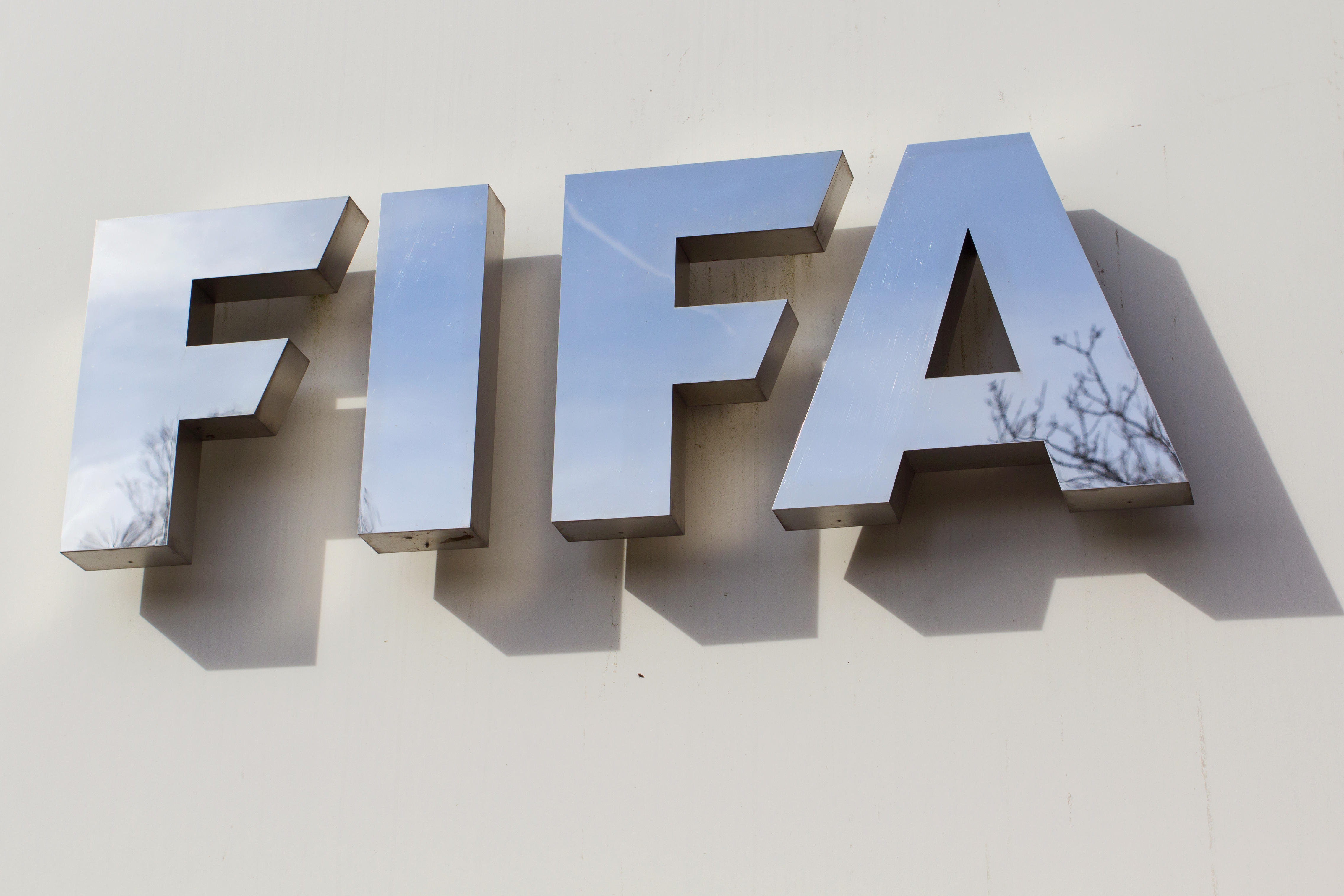International football set for shake-up: Here's everything you need to know about the FIFA eligibility vote
The rules on which nations a player can represent are set to change after the next FIFA council

FIFA are set to take a decision on changing the rules around eligibility in international football.
At the organisation's next full council a vote will determine how players are able to switch between national teams in the future.
If passed, it could make it easier for players to switch nations later in their career, presuming they meet the other normal criteria.
What rules are FIFA looking at changing?

Under the current system, FIFA rules state that a player is cap-tied to a nation if they play more than three matches for that national team, including at least one competitive appearance, before they are 21 years old.
Once a player is cap-tied to a nation they cannot switch allegiance. This is known as the Rule of 21.

However, the FIFA council meeting will vote on the prospect of upping the age to 22 years, from 21.
This means a player would only be cap-tied if they played the three games, including one competitive, before turning 22.
The best features, fun and footballing quizzes, straight to your inbox every week.
In addition, youth games would not count towards this rule at all, should the proposal be passed. The third element to the proposal would see the five-year rule to naturalise a player be reduced to four years.
In 2020, FIFA approved a rule change that allowed players to apply to play for their country of residence for five years or more, providing they not played for their 'home' country at senior level.
VIDEO The ONLY Way Man City Can Survive Without Rodri
If passed, a player could play for their country of residence, providing they had lived there for four years and met the other criteria.
Should the FIFA council vote these changes through, then 'doing a Jack Grealish' and switching football allegiance could be a lot more common than it was previously.
It is not the only shake-up to international football planned by the governing body - who have announced the introduction of longer international breaks from 2026 onwards.

Jack has worked as a sports reporter full-time since 2021. He previously worked as the Chief Women’s Football Writer at the Mirror, covering the England Women’s national team and the Women’s Super League. Jack has reported on a number of major sporting events in recent years including the 2023 FIFA Women’s World Cup on the ground in Australia. When not writing on football, he can often be spotted playing the game somewhere in west London.
 Join The Club
Join The Club





